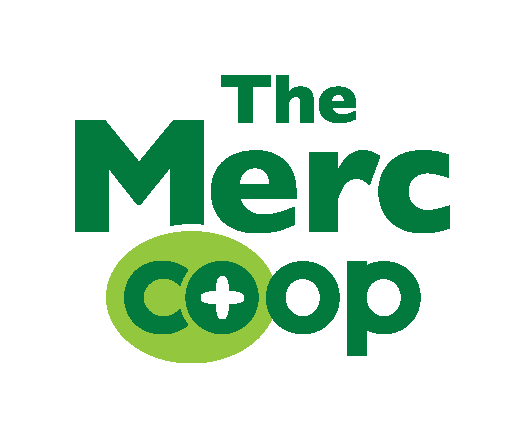As the benefits of grass-fed beef become more widely known, “grass-fed” has become a popular term to look for when shopping for beef. However, the lesser known term “grass-finished” is often times what shoppers think they are buying.
At some point in their lives, all cows eat grass. But, in the industry, cattle are not required to have a fully grass-fed diet in order to earn a grass-fed label. Often, grass-fed is used as a term for cattle that were started on a grass diet but have either received supplemental grain feed or are finished on a fully grain-based diet. Grass-fed cows are not necessarily pasture raised, and many spend their last few months eating grain in feedlots to quickly gain weight.
Meanwhile, grass-fed/grass-finished beef comes from cattle that eat only grass and forage for their entire lives. The authenticity and integrity of the grass-fed label matters to our local beef producers, which include two grass-fed/grass-finished cattle ranches: Red Steer Farm of Severy, Ks, and Wakarusa Ridge Ranch of Overbrook, Ks.
With just six years in the cattle business, Nicholas Thorp of Red Steer Farm is committed to raising his small herd respectfully, which includes feeding them what they would naturally eat. Thorp’s Red Angus graze on the native grasses of the Flint Hills in season and hay or alfalfa in the winter, dormant months.
“What I learned in my research from visiting other ranches is, honestly, what not to do. My wife, Anita, and I knew we wanted our ranch to be totally organic and sustainable and humane,” Thorp said. “Our farm is run on a zero-stress philosophy where we walk amongst the herd and do not pressure them in any way - no prods, no four wheelers, just our hands.”
Like Thorp, Patti and Clay Adams of Wakarusa Ridge Ranch are devoted to their herd of Dexter cattle. In what Patti calls a “milestone moment” in their lives, the Adams purchased their ranch from Clay’s parents in 1991. In 2004, they began raising Dexters, one of the smallest breeds known for producing milk and meat.
“We wanted to raise cattle in a way that we could honor them, make positive contributions to the breed and enjoy the presence of these animals in our lives,” Adams said.
Though neither ranch is certified organic, both use no pesticides and control weeds by fire. Red Steer uses no herbicides. Wakarusa manually removes or spot sprays using an EPA approved herbicide for noxious weeds, as required by state law. Both ranches provide their herds with free access to clean water and open pastures to graze. Quality treatment of their animals is what Thorp and Adams say contributes to the quality of meat.
“I believe that if my steers are relaxed that it produces a better quality of meat,” Thorp said. “I firmly believe that because we treat them so well, so humanely, that there is a level of respect in the interaction between human and animal.”
“We know each animal in our herd by name,” Adams said. ”We are passionate about producing healthy, high quality, productive animals that make exceptionally high quality beef and beautiful registered breeding stock.”
Unlike grain-finished beef, there is less fat on grass-finished beef. The amount of marbling (intramuscular fat) typically earns it a Choice grade. Depal Patel, Meat & Seafood Coordinator, recommends that cuts be cooked rare to medium-rare (120-135 degrees), and to cook either low and slow or to marinade and quickly sear.
“From flavor to preparation to ranching practices, there are distinct differences to grass-fed/grass-finished beef,” said Patel. “It’s a movement with ranchers choosing to work harder to produce a higher quality, healthier meat in a thoughtful way.”
Fresh, grass-finished beef is available seasonally, aligned with when grass is growing on the ground. Our local producers deliver theirs to the co-op June through November.
Benefits of Grass-Fed Beef
- Fewer calories
- Less overall fat
- Less overall saturated fat
- More good fats: Omega-3 and CLA
- Higher levels of essential vitamins and minerals
- Lower incidence of bacteria including E. Coli
- Paleo friendly

